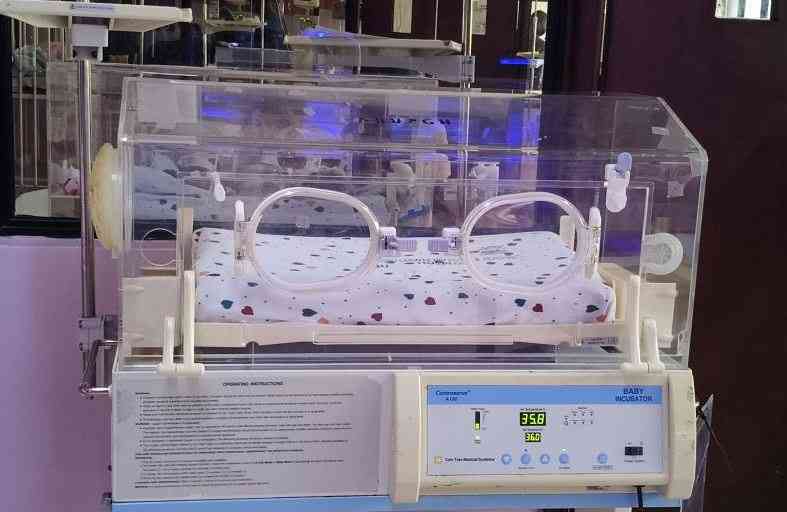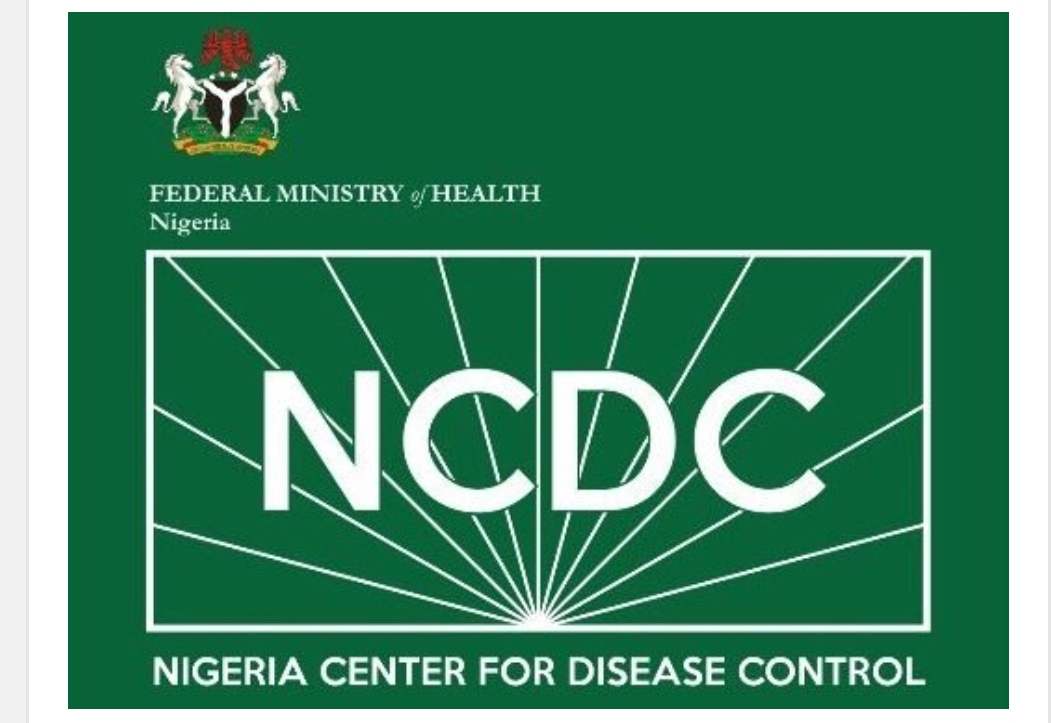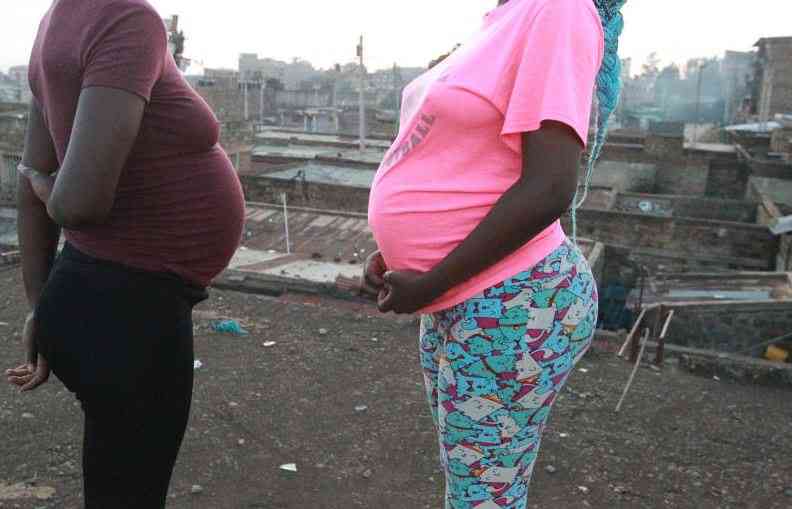Alarming Health Trends Among Teens and Preterm Babies

The rising rates of teenage pregnancies, new HIV infections, and school dropouts linked to early unprotected sexual activity are alarming health stakeholders across Africa. In Kenya, data reveals a worrying trend, with at least six adolescents aged 10 to 19 acquiring HIV every day and 691 pregnancies reported daily. These preventable cases require urgent interventions to promote sexual responsibility and delay sexual debut among adolescents.
The Step-Up Campaign, supported by the HIVOS Foundation, advocates for reforms across Kenya, Uganda, Zimbabwe, Malawi, and Zambia. The campaign addresses HIV, teenage pregnancy, and gender-based violence, emphasizing the need to change outdated legal and policy frameworks that hinder minors' access to preventive and treatment services. Tatenda Songore, Executive Director, Youth Advocates, noted that adolescents under 18 often require third-party consent to access healthcare services, even though many are already sexually active.
Stakeholders advocate for a multi-pronged approach to delay sexual debut, including keeping adolescents in school, building confidence to resist peer pressure, promoting parent-child communication, and creating safe dialogue spaces. Dr. Douglas Bosire, Acting CEO of the National Syndemic Disease Control Council (NSDCC), highlighted the challenge of addressing adolescent health, noting that in 2023, 2,083 children aged 10 to 19 were infected with HIV, and 37% of sexual and gender-based violence cases involved children in this age bracket. Additionally, 252,000 girls between 10 and 19 visited Anti-natal clinics (ANC), indicating 691 cases every day.
Bosire emphasized that these children should be in school rather than managing pregnancies, which creates a cycle of poverty. He noted the lack of knowledge among adolescents, with only 5 out of 10 being aware of HIV/AIDS. The NSDCC is running the Triple Threat Campaign to address early pregnancies, new HIV infections, sexual gender-based violence, and improve sexual education. This initiative involves chiefs, security forces, and the Ministry of Education to combat unprotected sexual activities.
Bosire attributed the rise in infections to a lack of knowledge about sexuality, with only 54% of adolescents aware of how to protect themselves from HIV. He criticized parents and clergy for not instilling good values and schools for lacking focus on human sexuality. Adolescents and young adults aged 15 to 34 accounted for 75% of the 16,572 new HIV infections reported in 2023. Bosire noted that this generation, born during significant strides in HIV testing and treatment, lacks the understanding of HIV's severity, as they never witnessed the peak of the HIV epidemic in Kenya between 1990 and 1997.
Dr. Geoffrey Wango, Senior Lecturer and Counselling Psychologist at the University of Nairobi, expressed concern over young people’s sexual behavior, attributing reckless behavior to the widespread use of the internet. He noted that misleading content on social media platforms like TikTok leads adolescents to imitate inappropriate sexual behavior. Wango emphasized that young people may know about sex but are not educated about its terms and conditions. He urged parents to restrict smartphone use and implement regulated programs to prevent access to pornography and substance abuse.
Jacqueline Kisia, head of Adolescent and Young Sexual Reproductive Health, emphasized delaying sexual activity in adolescents through increased awareness and active parental involvement. She noted that absent parents create a gap in addressing crucial issues, suggesting a collaborative effort with the Ministry of Education to raise awareness in schools. Delaying sex means staying in school, leading to success, university education, job creation, and empowerment.
Dr. Christine Wambugu, Acting Head of the Adolescent Health Section at the Ministry of Health, stressed viewing adolescents holistically, including reproductive health, mental well-being, nutrition, and emotional support. The Ministry developed Understanding Adolescents, a booklet to help young people navigate their changing bodies and encourage open communication with caregivers.









